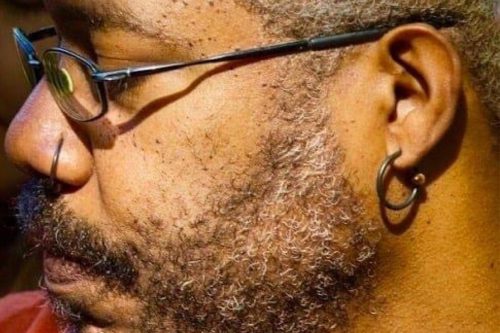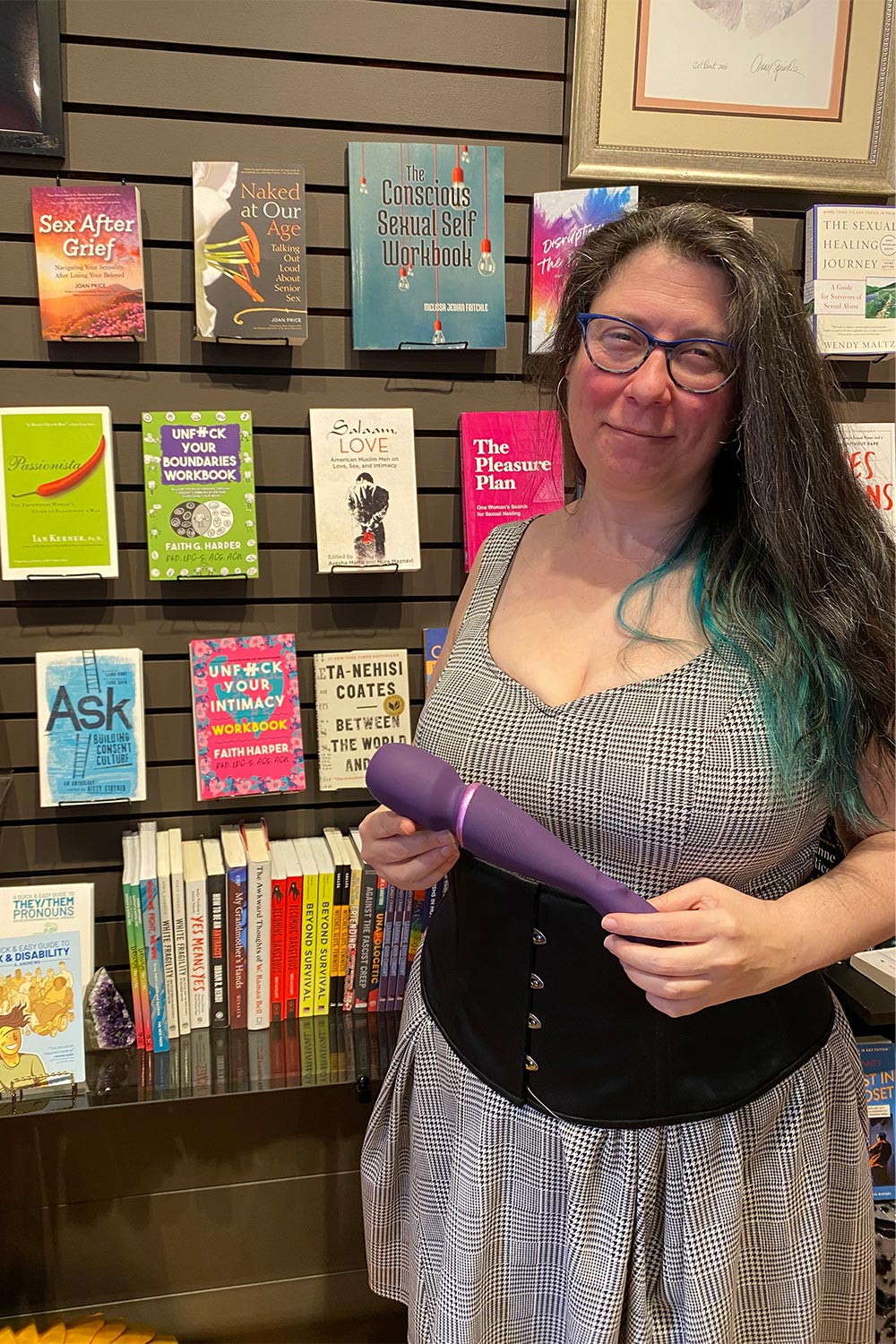
Even by public health standards, expecting people to abstain from sex during a global pandemic is a big ask.
Two weeks after Gov. Kate Brown issued a statewide stay-at-home order in March 2020, the Oregon Health Authority took to Twitter, offering guidance on “sex in the time of COVID-19.”
OHA’s tips were as follows — masturbate, use toys and connect with others using virtual platforms. Use protection, and wash hands with soap and water before and after sex for at least 20 seconds. No kissing or rimming.
Tim Menza, medical director for OHA’s HIV/STD/TB section, says much of the initial guidance is still relevant. “We think that sexual health is indeed a part of health, and things like touch and intimacy are important parts of our wellbeing, and a lot of people are missing the physical and emotional benefits of sex,” he says. “We’ve encouraged ways for Oregonians to connect sexually with themselves, right, with the understanding that we are our safest sex partners as individuals.”
In addition to consent, personal preferences, boundaries and STIs, Menza says pre-sex conversations expanded to COVID precautions and social bubbles, and it’s best to err on the side of being open and honest. Sexually transmitted infections (STIs) become sexually transmitted diseases (STDs) when they become symptomatic.
But even absent a global pandemic, it is difficult for people to talk about safe sex, says somatic (body centered) sex educator Victor Warring.
“A lot of times, the conversations that people have, if they have them, aren’t really conversations. They’re kind of assumptions. People get together and their idea of having a risk-aware sex conversation is like, ‘Hey, are you clean?’ The other person will go, ‘Yeah, I’m clean. I’m good. I don’t have anything,’” Warring says. “And I’m using the word ‘clean’ sort of tongue-in-cheek.”
People adapt, Warring says, with new creative approaches to sex and dating becoming increasingly common over the course of the pandemic. By making verbal “COVID contracts,” two or more people mutually plan to stay quarantined for two weeks before having sex, while others just roll the dice. “I’ve had a couple of friends in my life actually get COVID because of a risk they took,” he says.
According to Menza, coordinating periods of quarantine prior to sex is the safest scenario, and if one person has to travel or goes to a gathering, the two-week period would ideally restart. “But we realize that it’s not always realistic, and so people may opt to shorten that window a little bit or to use testing as another way to shorten that interval,” he says.
“There may be two people involved, maybe there’s more than two people involved. And so again, that open and honest communication between all partners about quarantine, testing and potential exposures.”
Anybody who has not been tested for HIV in the last year can order a free, 20-minute home test at takemehome.co to know their HIV status, Menza says.
Months into a rainy Oregon winter, and with many frustrated from Zoom burnout, meeting others outside has become more challenging, so “one way people are countering that frustration is they’re taking self pleasure into their own hands,” says Kim Marks, owner of As You Like It in Eugene. The eco-concious, body positive adult store has seen a rise in sales during the pandemic, with people coming in to pick up their first sex toy and couples seeking help for trying new things.
“I just hope people take a moment to realize that this is a good moment to just hug yourself, ask your friends and community for what you need, and hope for good support to get you through this while you figure out what’s next,” Marks says. “My heart just goes out to so many people right now, such a hard time to be folks. People are, they’re starving for hugs, some of us have gone months without hugging people. We need touch to survive. It’s a need, it’s not a want.”
Warring says that while he prefers his professional coaching to be in person, switching to online has allowed him to meet with people he otherwise never would have, from the East Coast to Australia.
“What I hope comes from all of this tragedy, in the world of dating and sex, is that people start having more in-depth and bodied conversations about sex and risk, and have a better sense of creating boundaries for themselves,” Warring says. “Humans are built to have social connection. And within that sexual connection, and this event, this pandemic, obviously, has changed things. But basically, what I’m saying is that no matter what humans are going to find a way.”
